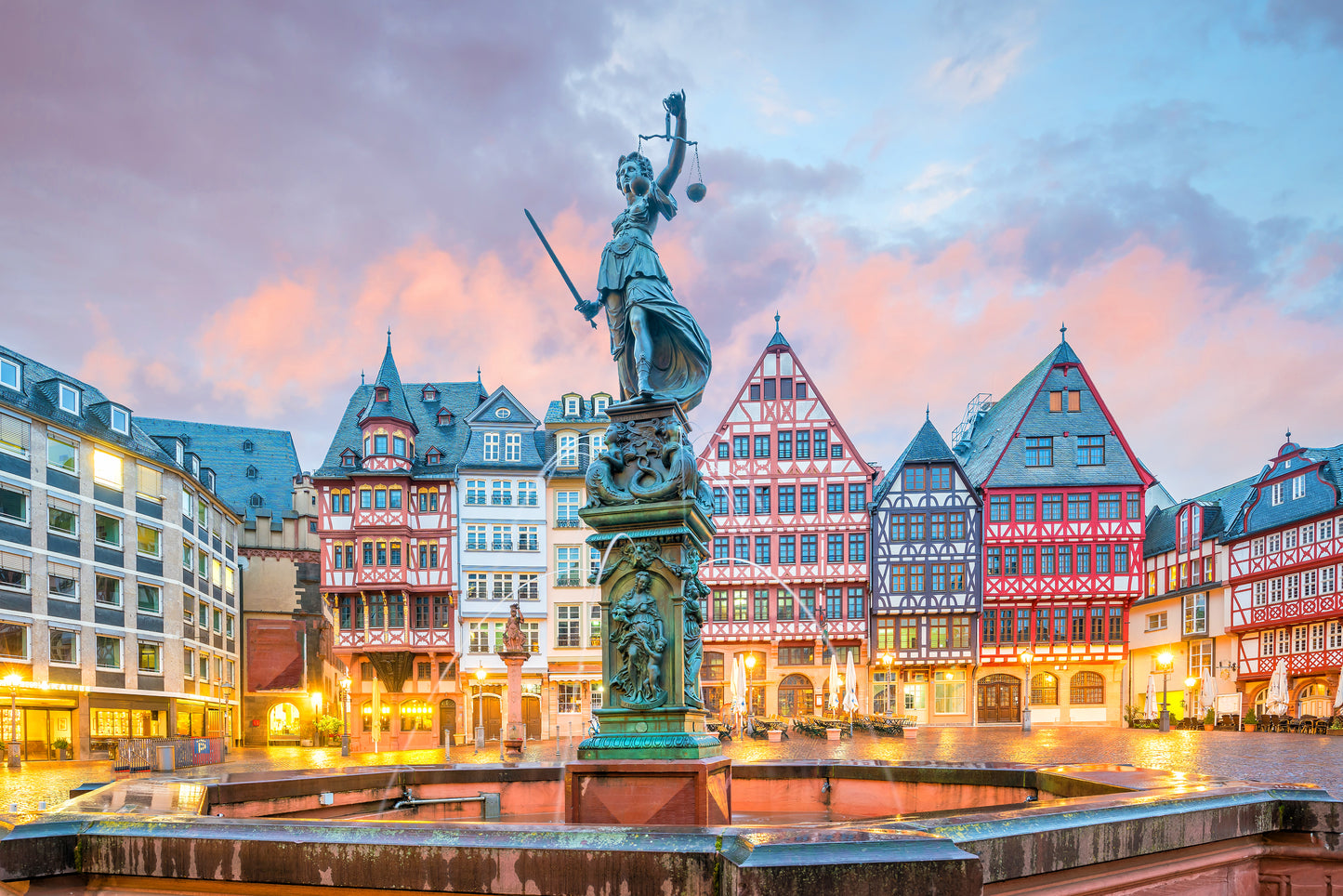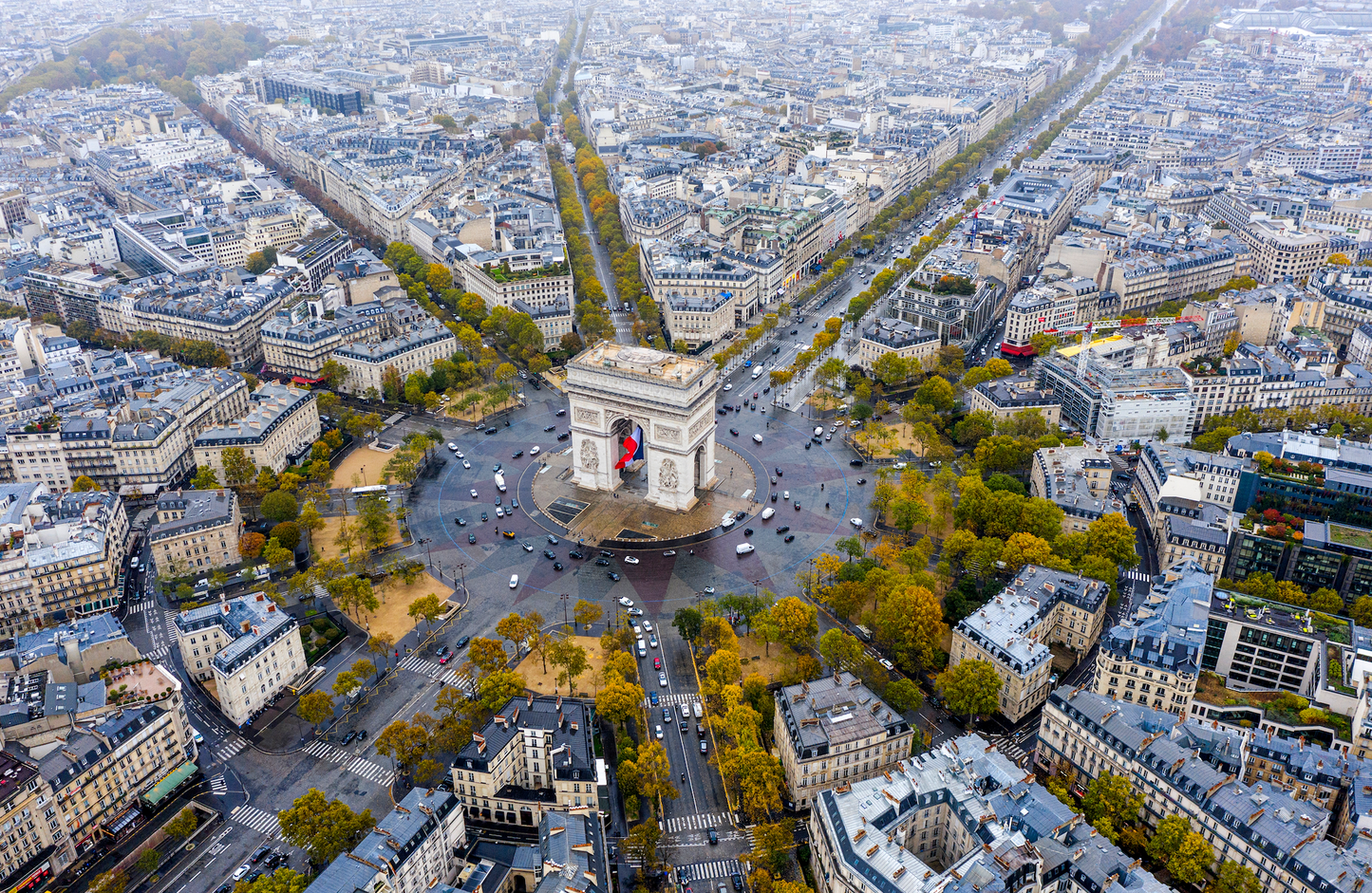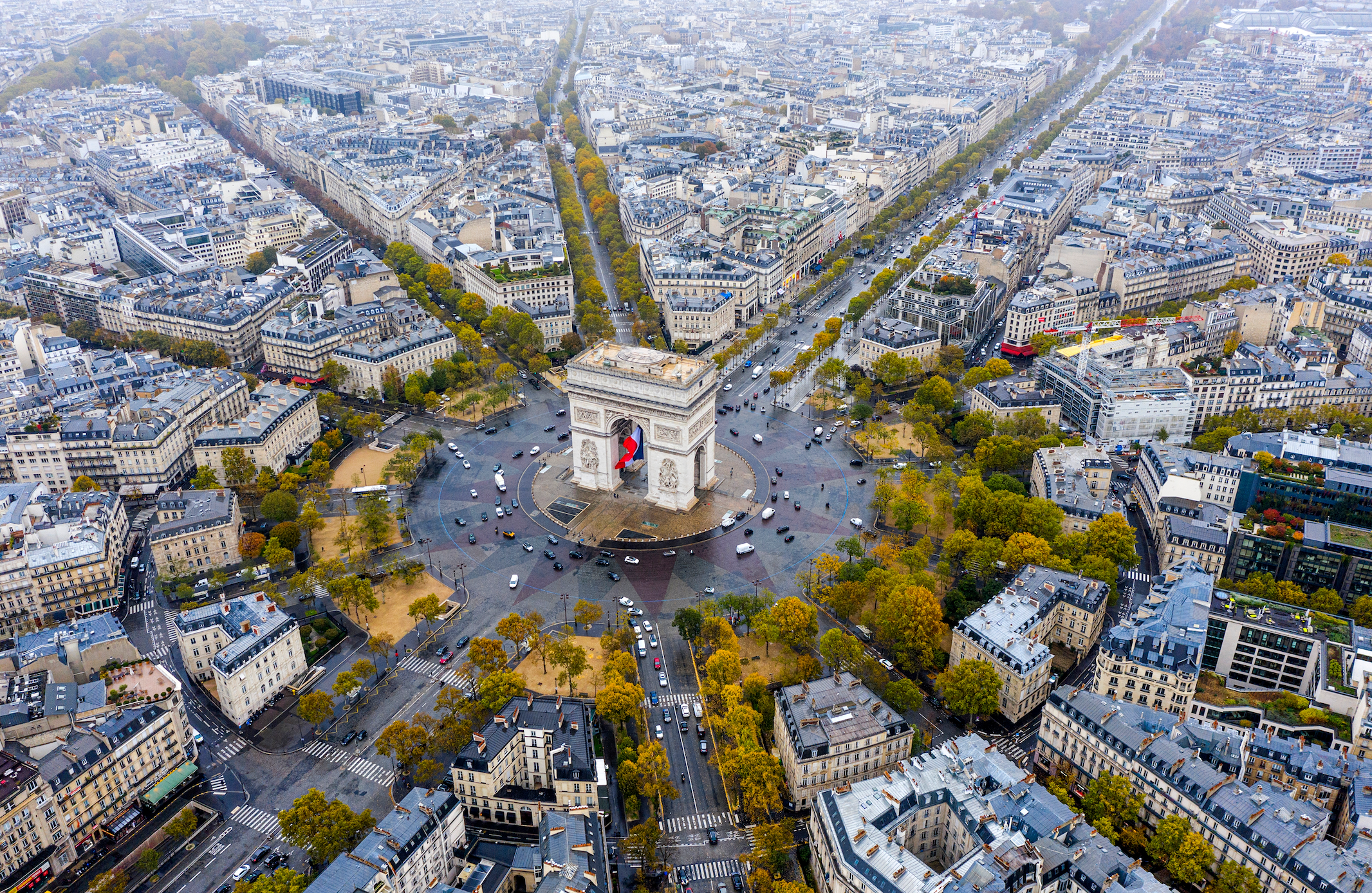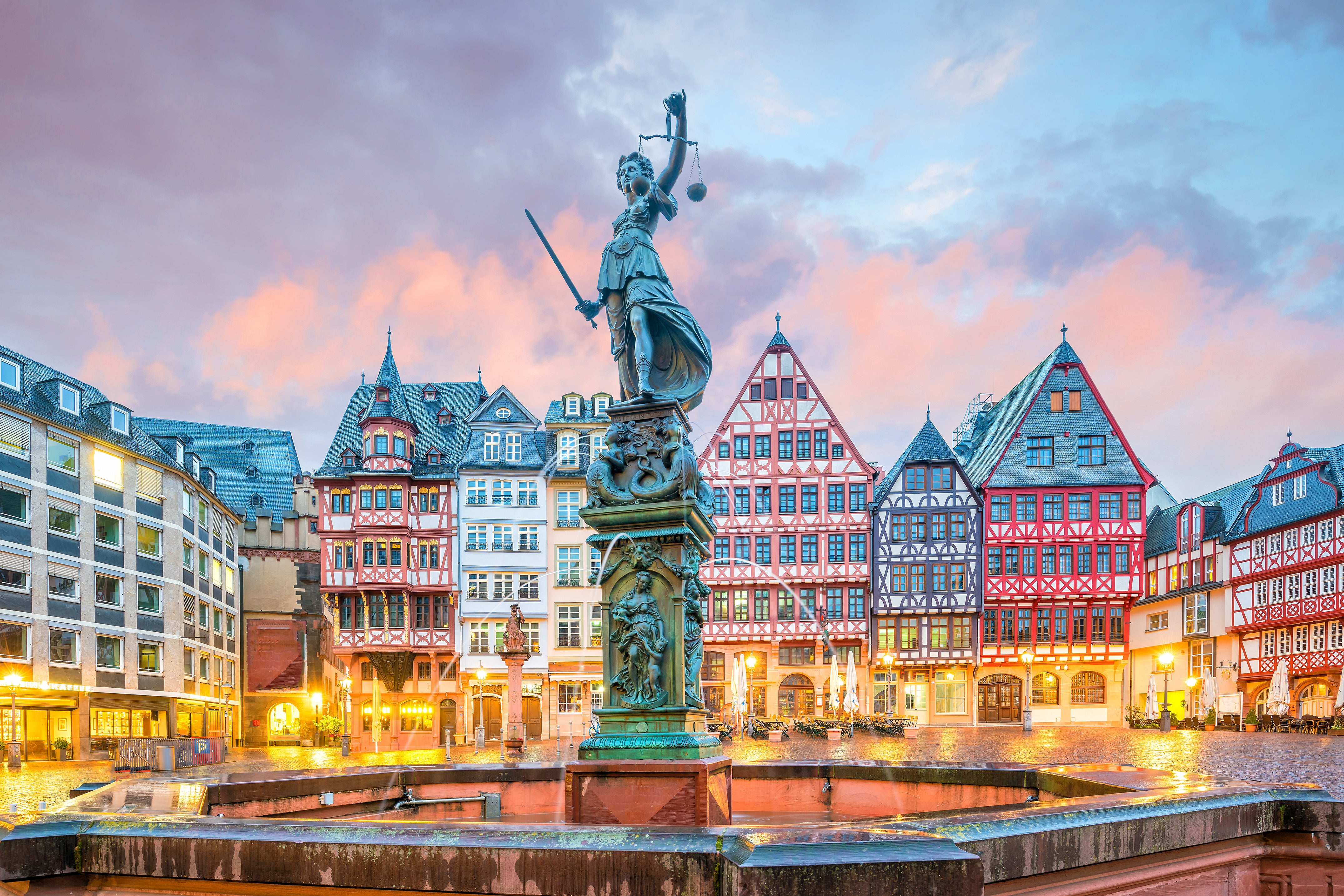










































Overview Of Berlin, Paris and Rome Travel Tour 202

Note: Ensure that you check for any travel restrictions and entry requirements at your destination. It is your responsibility to be prepared with all necessary travel documents and paperwork. Plan to arrive at the airport at least three hours before your scheduled departure time.
Departure from city of origin
Arrival in Paris and Paris City Tour
Free day
Free day
Flight to Rome and Rome City Tour
Free day
Free day
Flight to Berlin and Berlin City Tour
Free day
Departure from Berlin

berlin city tour

rome city tour

paris city tour
Pricing & Availability
| ROOM OCCUPANCY | SINGLE | DOUBLE | TRIPLE | QUADRUPLE |
|---|---|---|---|---|
| Group of 6 | (Not available) | $15,190 | (Not available) | (Not available) |

Gallery











































Itinerary
Accommodations
Airfare & Transportation
Airfare and transportation are included throughout your travel tour. Please note that the following flight schedule is tentative and is for basic economy class. (Seats can not be assigned until check in, you can upgrade to main cabin classic $290 round trip, subject to availability). Once group spaces are filled, we will email you your confirmed flight itinerary along with the airline confirmation number.
Flight Number
DL 220 (10 Hours)
VY 6256 (1 Hour 55 Minutes)
U2 5080 (2 Hours 15 Minutes)
AF 1135 (1 Hour 55 Minutes)
DL 221 (11 Hours 10 Minutes)
Departing
Salt Lake City International Airport (SLC) February 01, 2026 2:15 PM
Paris - Orly Airport (ORY) February 05, 2026 10:30 AM
Leonardo da Vinci - Fiumicino Airport (FCO) February 08, 2026 8:45 AM
Berlin Brandenburg Airport (BER) February 10, 2026 6:55 AM
Amsterdam Airport Schipol (AMS) February 10, 2026 10:15 AM
Arrival
Paris Charles de Gaulle Airport (CDG) February 01, 2026 8:15 AM +1
Leonardo da Vinci - Fiumicino Airport (FCO) February 05, 2026 2:25 PM
Berlin Brandenburg Airport (BER) February 08, 2026 11:00 AM
Amsterdam Airport Schipol (AMS) February 10, 2026 8:50 AM
Salt Lake City International Airport (SLC) February 10, 2026 1:25 PM
Tour Activities
Happy Clients, Happy Us













